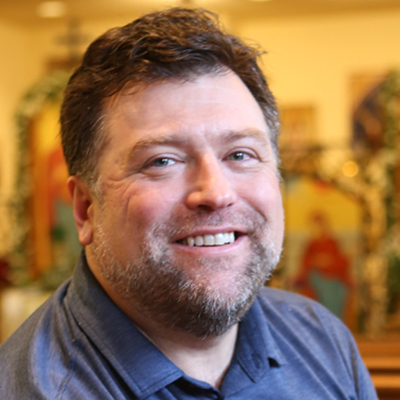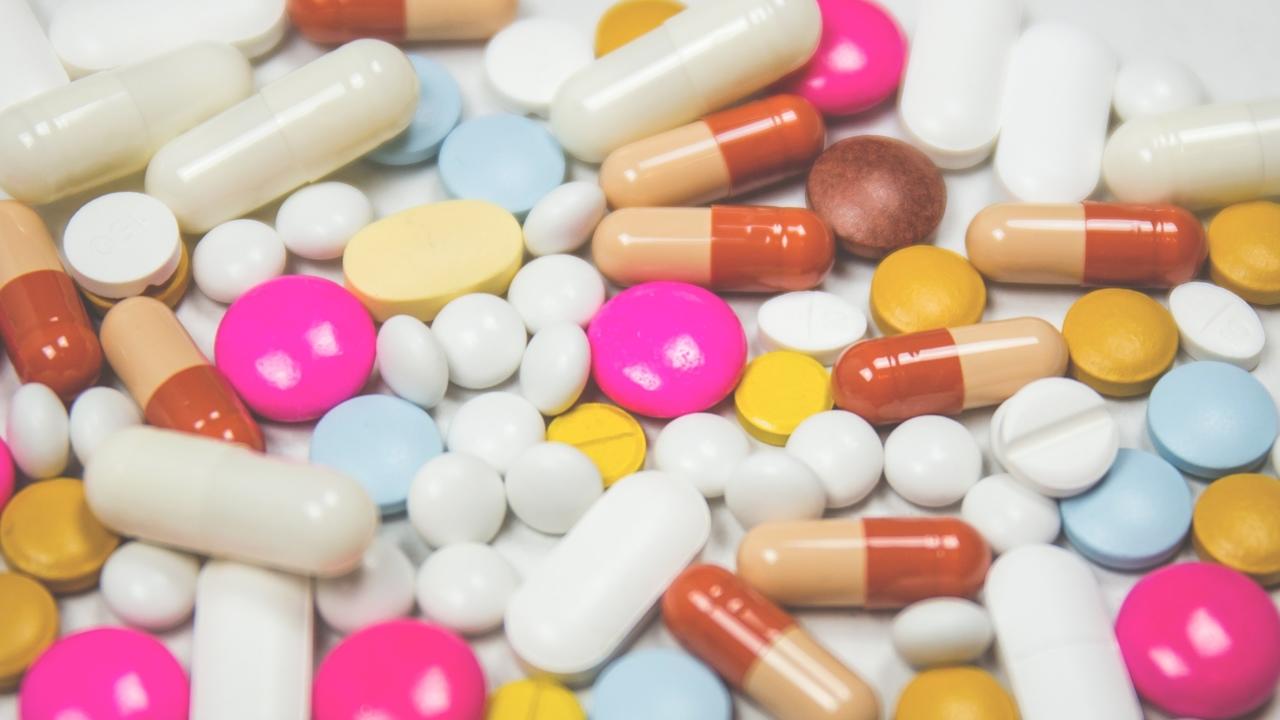Take me to “Restoring Your Marriage After Pornography”
By Gerry Crete, PhD
Addiction to any number of substances or behaviors is common in today’s modern society. According to the Addiction Center, almost 21 million Americans have at least one addiction.
Some addictions are easy to spot because they have some kind of negative effect on a person’s life. If you’re an alcoholic, you may have received DUIs, lost a job, or damaged relationships. The gambling addict may lose his fortune. The food addict may gain 300 pounds. Other addictions, such as to pornography, may be private yet still have negative external consequences on relationships and overall mental health. The bottom line is that addictions destroy lives.
Understand the Complexity of Addictions
Scientists continue to study addictive behavior, and many factors play a role in why some people are more susceptible than others to addictions. According to the American Psychiatric Association, “addiction is a complex condition, a brain disease that is manifested by compulsive substance use despite harmful consequences.”
The American Psychology Association adds to this idea of addiction as a disease by stating that “addiction is a chronic disorder with biological, psychological, social and environmental factors influencing its development and maintenance. About half the risk for addiction is genetic.”
According to a diagnostic manual used by mental health professionals, telltale signs of addictions include:
- A problematic pattern of use, which increases over time.
- An increase in cravings that feel as if they cannot be stopped.
- Changes in social engagement and relationships.
- Missed obligations to work, school, home, and community.
- A need to increase more of the substance to achieve the same effect.
- Negative physical and psychological effects when the substance is reduced or eliminated.
Acknowledge the Role of Free Will in Addiction
As Catholics, we believe that we’re born with free will to make our way through life, either moving toward or away from God. According to the Catechism of the Catholic Church, “God created man a rational being, conferring on him the dignity of a person who can initiate and control his own actions. God willed that man should be ‘left in the hand of his own counsel,’ so that he might of his own accord seek his Creator and freely attain his full and blessed perfection by cleaving to him.” (CCC 1730)
The idea of free will is reinforced throughout scripture. “I have set before you life and death, blessing and cursing. Choose therefore life, that both you and your seed may live”. (Deuteronomy 30:19) “When God, in the beginning, created man, he made him subject to his own free choice.” (Sirach 15:14)
So, what role does free will play in addictions? Although there are certainly many factors involved in starting and maintaining addictive behavior, we all have the free will to make a choice to get help, find resources, and step onto a healing path.
In fact, Thomas Aquinas states that the will has “a natural inclination toward the good as it is conceived by intellect… The process whereby intellect judges that some object or course of action is good is deliberation.’
We are then called to use our intellect to think about our addiction and its consequences and move our will to the good.
Sometimes we believe, however, that we can use our will alone to overcome addiction. In recovery from addiction, we learn that we must surrender our will to God and allow Him to love, heal, and transform our hearts, minds, and bodies.
Establish a Plan for Combating Addiction
In order to overcome an addiction, then, an individual must have an actionable plan, driven by free will and supported by loved ones and, possibly, professional help. Here’s where to start:
- Prayer. Come to God in your misery, in your despair, and in your sin. Let Him love you and minister to you when you feel at your lowest. Many of us believe we can only pray to God when we’re scrubbed clean and have our act together. If you experience His love and mercy at your worst, then you learn that your worth is not the sum of your sins. God loves you despite your failings. Your new motivation for change can be gratitude not shame.
- Confession. If you have an addiction, you may feel like you’ve confessed the SAME sin too many times. What’s the point? It’s demoralizing. The reality, however, is that Christ says He will forgive us 70 times 7 times – which means to infinity. As long as we come in repentance, He will forgive us because His love is that great. We must never give up or avoid confession out of despair or shame – that is when we need Him most and He is always filled with joy when we turn to Him.
- Share with others. Talk with a trusted friend, or unburden your struggles to a counselor or therapist. Join a support group. The bottom line is don’t try to do this alone. We all need each other to live holy lives that are free from the burden of addiction.
- Get professional guidance. Many Catholic therapists are trained in dealing with addictions and can provide professional assistance. In addition, books and online courses can provide you with support, exercises, and a plan of action.
About Gerry Crete, Ph.D.
 Gerry Crete, Ph.D., is chief executive officer and co-founder of Souls and Hearts. He is a licensed marriage and family therapist and professional counselor in private practice. His practice, Transfiguration Counseling, is based in Atlanta, Georgia. In addition to marriage counseling, he specializes in the treatment of trauma and anxiety disorders. For more information about his private practice, please visit Transfiguration Counseling.
Gerry Crete, Ph.D., is chief executive officer and co-founder of Souls and Hearts. He is a licensed marriage and family therapist and professional counselor in private practice. His practice, Transfiguration Counseling, is based in Atlanta, Georgia. In addition to marriage counseling, he specializes in the treatment of trauma and anxiety disorders. For more information about his private practice, please visit Transfiguration Counseling.
